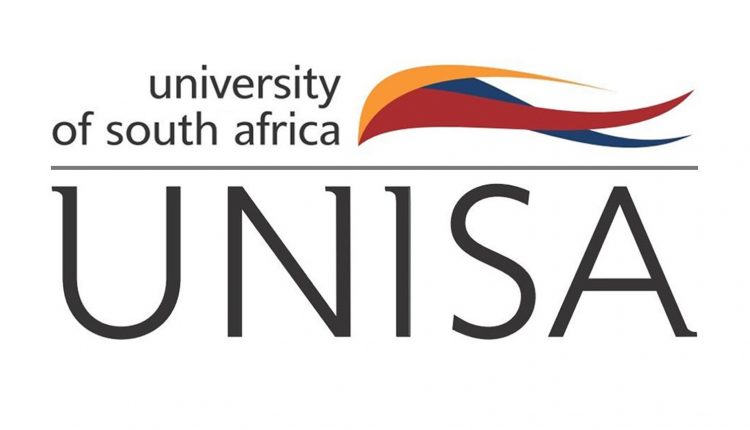University of South Africa’s 2022 Founders Lecture Held
The idea of the Founders Lecture was introduced at Unisa in 2003 to encourage the university and its stakeholders to focus on critical issues in higher education at global and national levels. Over the years, various topics, presented by eminent and renowned scholars from across the African continent and the globe, have established the Founders Lecture as a premium forum for intellectual engagement.
In line with this year’s theme of The Realisation of the African Renaissance through the African Continental Free Trade Agreement (AFCFTA), Her Excellency Chief Dr Jewel Howard-Taylor, Vice-President of the Republic of Liberia, delivered a thought-provoking keynote address where she demonstrated how African renaissance could be a possible solution for the AFCFTA.
The African Union (AU) negotiated the agreement signed by 44 of its 55 member states in Kigali, Rwanda, on March 21, 2018, to significantly boost intFa-Africa trade, particularly in value-added production and trade across all sectors of Africa’s economy.
The African Renaissance is meant to rally African people to overcome the continent’s current challenges and achieve cultural, scientific and economic renewal. Howard-Taylor described the African renaissance as a philosophical movement intended to change the trajectory of the continent and the need to look at the kind of leadership needed to mobilise and inspire others to go in a particular direction.
“In consideration of the context, the dynamics of the global world are a new phenomenon and realisation, but the stuck reality of our connectivity and interdependency has made it critical for our continent to have a closer look into its interactions internally, externally and globally,” said Howard-Taylor. Adding: “This brings to bare the need for Africa to look at options for political, democratic, economic development and integration.”
Howard-Taylor began her lecture by relating the historical linkages between South Africa and Liberia. Thus, the role played by Liberia during apartheid, how Monrovia became a safe space for some of the struggle icons and how her country became vocal against apartheid and any form of colonisation. She also related the role South Africa and former President Dr Thabo Mbeki played in a peace treaty and a mediation during the Liberian civil crisis. She expressed gratitude to Mbeki for his interventions and for paving the way for a transitional government and later successful democratic elections. She further said that South Africa was the first country to provide Liberia with post-war medical and humanitarian assistance.
Returning to the need for Africa to work together to achieve its objectives, Howard-Taylor emphasised the need for the continent to use its history to share its future. “It is said that if you don’t know where you come from, you definitely won’t remember where you are going, and maybe you will never make it into the future,” she said. “So, I want to start at the past with a saying that ‘if someone wants to make a new mat, they must sit on the old one to make a new and beautiful one.’ This way, you can see the patterns and colours and imagine the new one,” she stressed.
Howard-Taylor is Liberia’s foremost advocate for increased and improved opportunities for women of Liberia and Africa, earning her the name: the Jewel of Africa.
Three respondents echoed her sentiments at the lecture: Prof Dirk Kotze from the Department of Political Science, Prof Meahabo Magano from the College of Education, and political analyst, Khaya Sithole.
Magano emphasised the need for Africans to go back to their roots and find African solutions. This includes correcting anomalies in the current education system. She argued: “Why should you learn about the Mississippi river in America while you don’t know local rivers in Africa? There is a need to decolonise our education.”
Sithole pointed out a few economic challenges that he wishes Africans could overcome through AFCFTA. “The fact that Africa still relies on foreign aviation to travel and conduct its business is a serious problem.”
Prof Puleng LenkaBula, Principal and Vice-Chancellor of Unisa, said that the idea of the Founders Lecture has been for universities to understand and grapple with the grand challenges and opportunities that a university can partner with society to find solutions and humanise worlds. She added that especially worlds that have been defined by fragmentations, oppressions, wars, violence, negations of the humanity of each other and the negligence of living in peace and flourishing with the cosmic environment.

